Our Program
Research-Validated Approach
Cignition actively pursues and participates in research centered around bold innovations in instruction and student outcomes. In addition to our initial research resulting in an industry-leading effect size, we are currently taking part in four separate foundation-funded grants focused on virtual group tutoring innovations and improvements on data-informed tutoring.
Our program model is effective for 1:1 instruction and scalable at least up to 4:1, allowing for collaborative learning, which builds rich educational experiences that build conceptual understanding. Instead of the traditional perspective of learning procedures through repetition, our tutors focus on the conceptual goals of each topic. We embrace the fact that learning is social and focus on facilitating quality student-to-student interactions and building healthy student-to-tutor relationships, which allow students to gain greater facility with the subject matter.
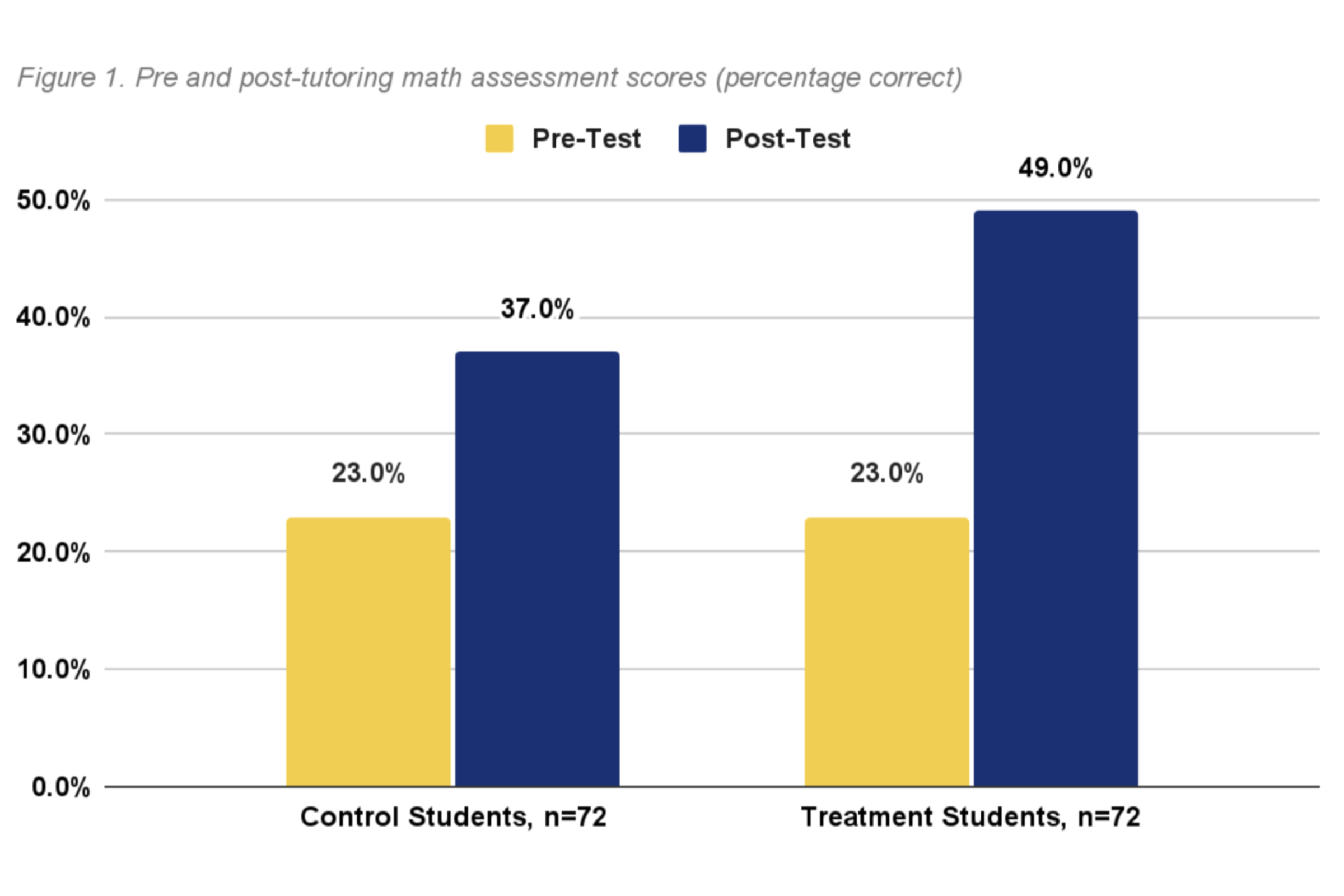
Through their research study, Cignition has provided quality virtual math tutoring tailored to the scheduling needs of our district. Our Cignition representative has been responsive and flexible throughout our partnership.



Ideal Tutor Match
Program Evaluation
Cignition regularly consults with district/school leaders and teachers to evaluate the efficacy of our program. In these meetings, student data is analyzed to determine the effectiveness of implementation and discuss action steps and the status of deliverables. With direct input on the program's design, district and school partners help maximize the benefits and align the program to their goals and priorities.
Program Managers also meet with teachers or school coordinators weekly or bi-monthly to look for patterns of student absences/tardies and to discuss student engagement with the tutor and progression toward mastery. Tutors are required to view daily or weekly feedback from their students and complete a bi-annual self-reflection.

.png?width=2000&height=1545&name=Data-Informed%20Instruction%203.0%20(July%202023).png)
Data-Informed Instruction
Making dashboards and tools available to help tutors understand each student’s most immediate needs is one of the reasons our program is so successful. Data is drawn from assessments, SEL surveys, online Cignition activities, and other sources, with time allocated for prep during every session. At the conclusion of each session, students fill out SEL data on their reflections and self-efficacy in the sessions. When there are trends regarding student-tutor relationships, we pick up on those data points and work to address obstacles for learning with the student group.
MTSS (Multi-Tiered Systems of Support) Integration
At Cignition, our approach to integrating high-impact tutoring within the Multi-Tiered Systems of Support (MTSS) framework is designed to maximize student success. This integration is broken into four key components: Student Selection, Integrating Tutoring into School Schedules, Collaborative Curriculum Planning, and In-Depth Data Analysis.
1) Student Selection for Tutoring
It is paramount to select the right students for tutoring. We use a combination of attendance records, academic needs, motivation levels, and socio-emotional factors to identify students who will benefit the most from our high-impact tutoring. This targeted approach ensures that resources are allocated effectively and that students receive the Tier 2 and Tier 3 support they need to thrive.
2) Integrating Tutoring into School Schedules
Aligning tutoring sessions with the school schedule is critical for maximizing effectiveness. Research shows that integrating tutoring during a core class or intervention period rather than before or after school leads to better attendance and engagement. Our programs are designed to fit seamlessly into students’ daily rhythms, minimizing disruptions and enhancing their learning experience.
3) Collaborative Curriculum Planning
Collaboration between tutors and classroom teachers is essential for a cohesive educational experience. Our tutors work closely with teachers to align tutoring sessions to ensure the support provided is relevant and reinforces targeted skills. By fostering a collaborative environment, we create a unified approach to student learning.
4) In-Depth Data Analysis
Data-driven decision-making is at the core of our tutoring program. We utilize formative assessments and standards mastery checks to evaluate and refine our strategies continuously. Feedback from students and tutors helps teachers and tutors adapt their approaches to meet the students' evolving needs, ensuring that the interventions are effective and impactful.
Don’t just take our word for it. Click here to hear directly from current and former partners about what it takes to integrate high-impact tutoring within an MTSS framework effectively.
Introducing Our MTSS Advisory Board
Where do we get some of our insights from? Look no further. Our advisory board comprises academics and professionals from all levels nationwide, providing us with valuable insights into the ever-evolving landscape of MTSS.
Below are our esteemed MTSS Advisory Board members. Click on their profiles to read more about their extensive experience and contributions.

Michelle brings 30 years of teaching experience across diverse educational settings, including public, private, non-public, virtual, and international schools. Her background is complemented by her entrepreneurial spirit and leadership in nonprofit organizations. Specializing in autism, dyslexia, and behavior intervention strategies, Michelle is a passionate advocate for inclusion. Her expertise extends to math intervention, curriculum design, and modification tailored for students with special needs. With a career dedicated to fostering educational equity and supporting diverse learners, Michelle Brown continues to be a driving force in promoting innovative and inclusive special education practices.
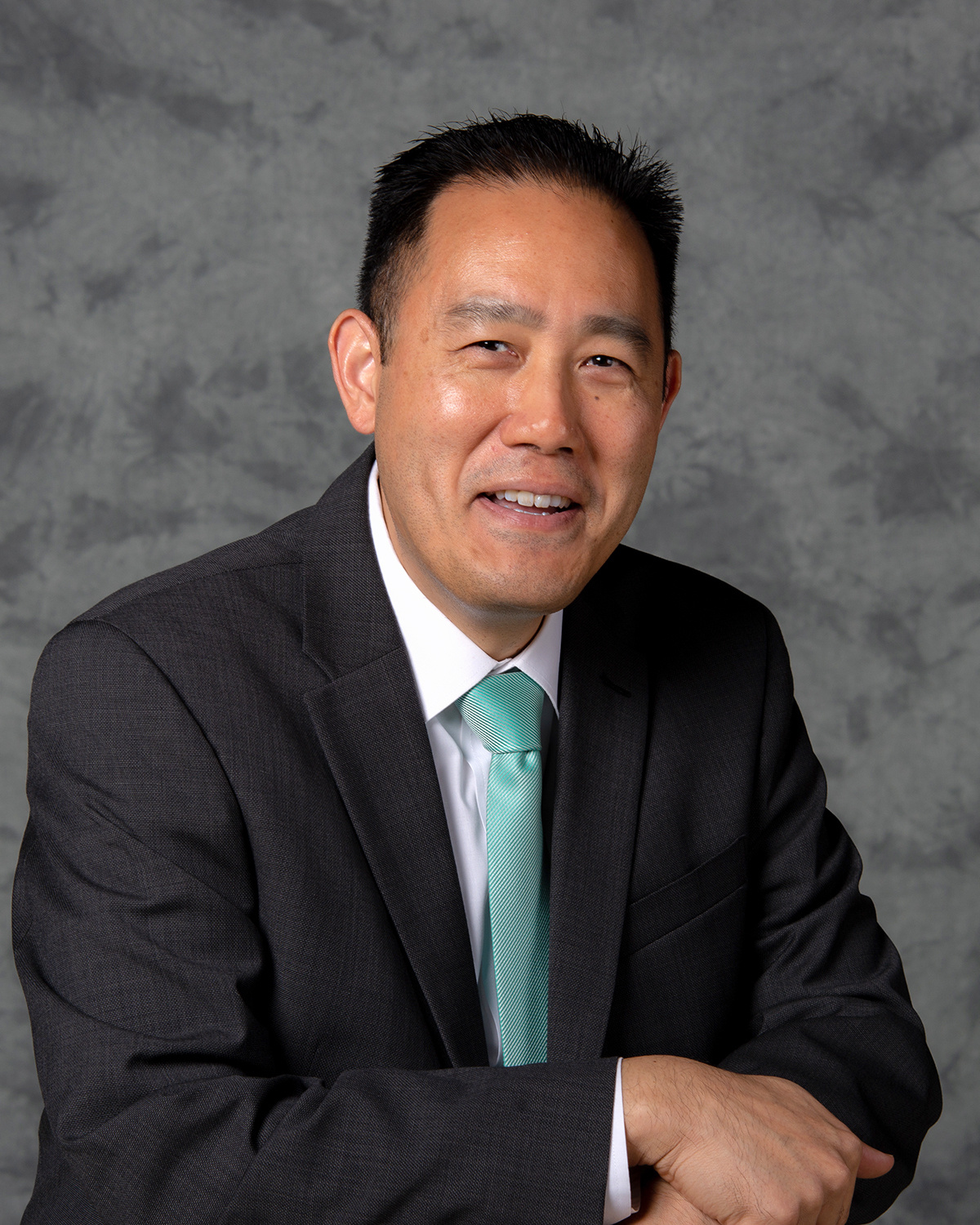
Dr. Gittisriboongul has been involved in information and educational technology throughout his career as an educator and professional for over 20 years. He is currently the Assistant Superintendent of Technology and Innovation for Lynwood Unified School District. Previously, he served as the Assistant Superintendent of Innovation for the San Diego County Office of Education where he led county-wide efforts around career technical education, educational technology, professional learning, and data science.
In Lynwood, Dr. Gittisriboongul has been responsible for setting the vision and strategic roadmap for the district’s Digital Equity initiative. He provides leadership and expertise in digital learning and IT systems within Lynwood Unified. As part of these efforts, he recently spearheaded the creation of an AI force composed of district teachers, staff, and administrators to help identify opportunities and strategies for integrating AI skills and technologies into classrooms.
Dr. Gittisriboongul has also served as the Director of Educational Technology and Information Services with the Huntington Beach Union High School District in Orange County and has held executive and administrative positions with the Montebello Unified School District. He began his career teaching mathematics at the secondary level.
Dr. Gittisriboongul also has experience working in the private sector as a web and software developer, project manager, and programmer. He received his Doctorate of Education in Educational Leadership from the University of Southern California in 2013 and has additional degrees from Cal State Los Angeles and Cal Poly Pomona.
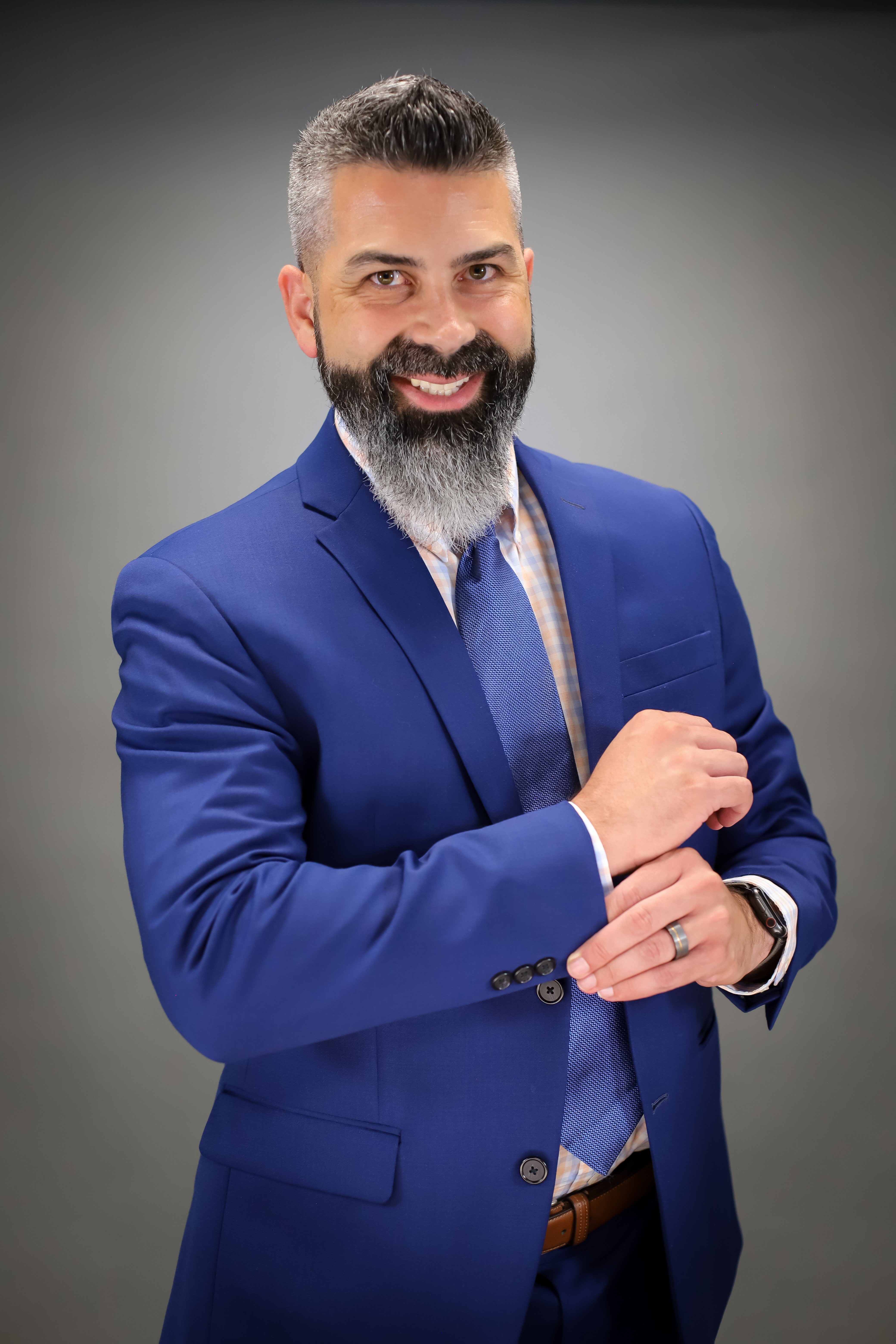
Scott enjoys a successful teaching career at Viewmont High School. His belief that education creates opportunities is clearly seen in both the classroom and the field. Scott has coached various sports over the years, from freshman to varsity level. He has helped develop curriculum and educational standards for Davis School District and the State of Utah. Currently, Scott teaches Concurrent Enrollment History and Government in conjunction with Weber State University and is a pioneer in the Davis School District for satellite broadcast classes. He received his undergraduate degree from Brigham Young University-Idaho in History Education and German Education and his Master of Arts in History from Sam Houston State University.

Dr. Lewin brings 23 years of experience in K-12 school leadership and instruction, as well as non-profit leadership. Her experiences include bilingual education, special education, professional leadership development as well as experience with positive behavior intervention and multi-tier system approach for intervention. In her current role, Dr. Lewin provides internal and external enterprise collaborations that close the equity gap for students and adult learners.
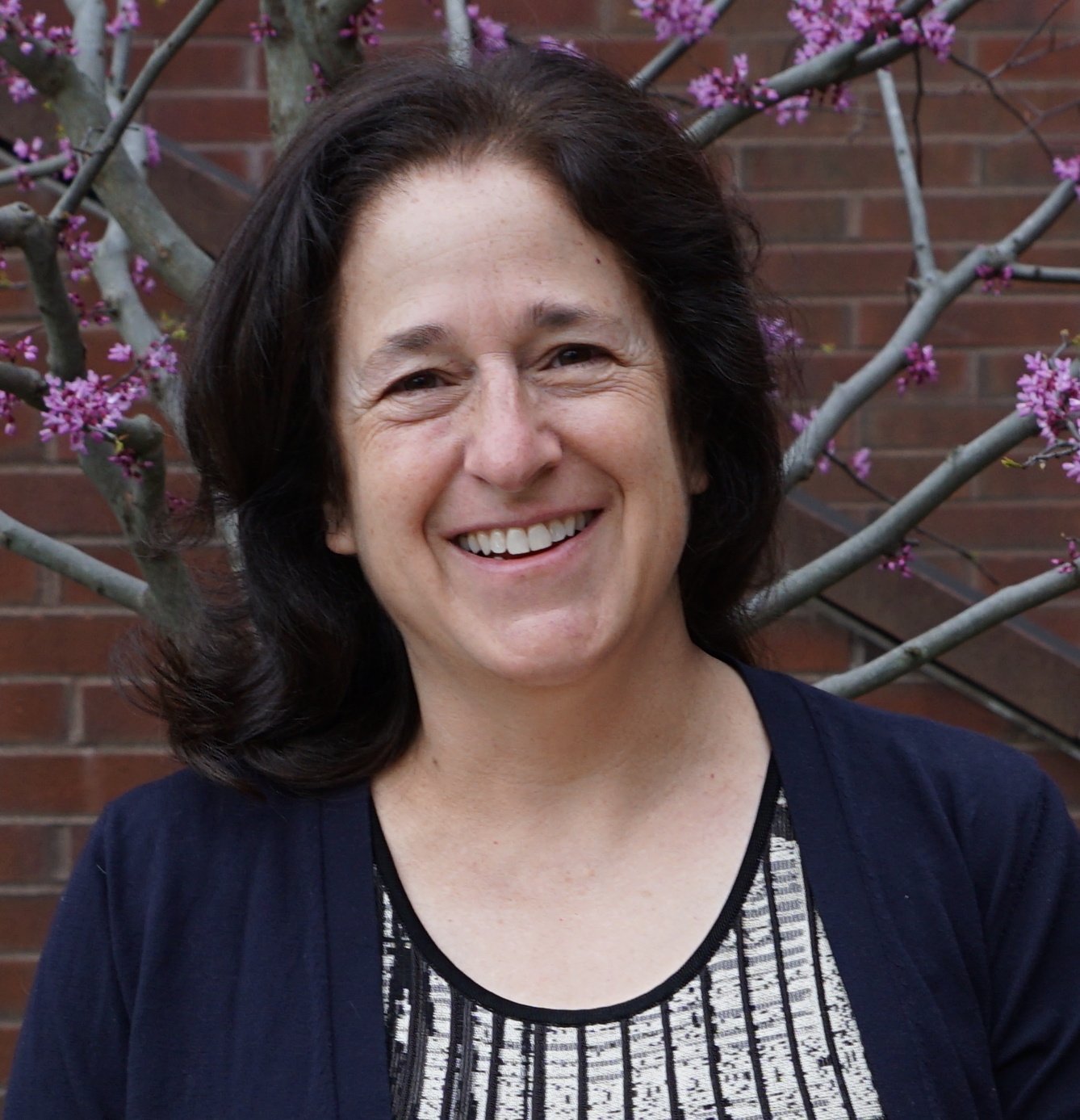
Susanna is a professor of education and director of the National Student Support Accelerator and the SCALE Initiative at Stanford University. In her prior position, she was the director of the Annenberg Institute and professor of international and public affairs and education at Brown University. Her research focuses on education policy and its role in improving educational opportunities for students. Susanna founded the Center for Education Policy (CEPA) and co-directed Policy Analysis for California Education (PACE). She is a member of the National Academy of Education, the American Academy of Arts and Sciences, SIEPR, JPAL and NBER.
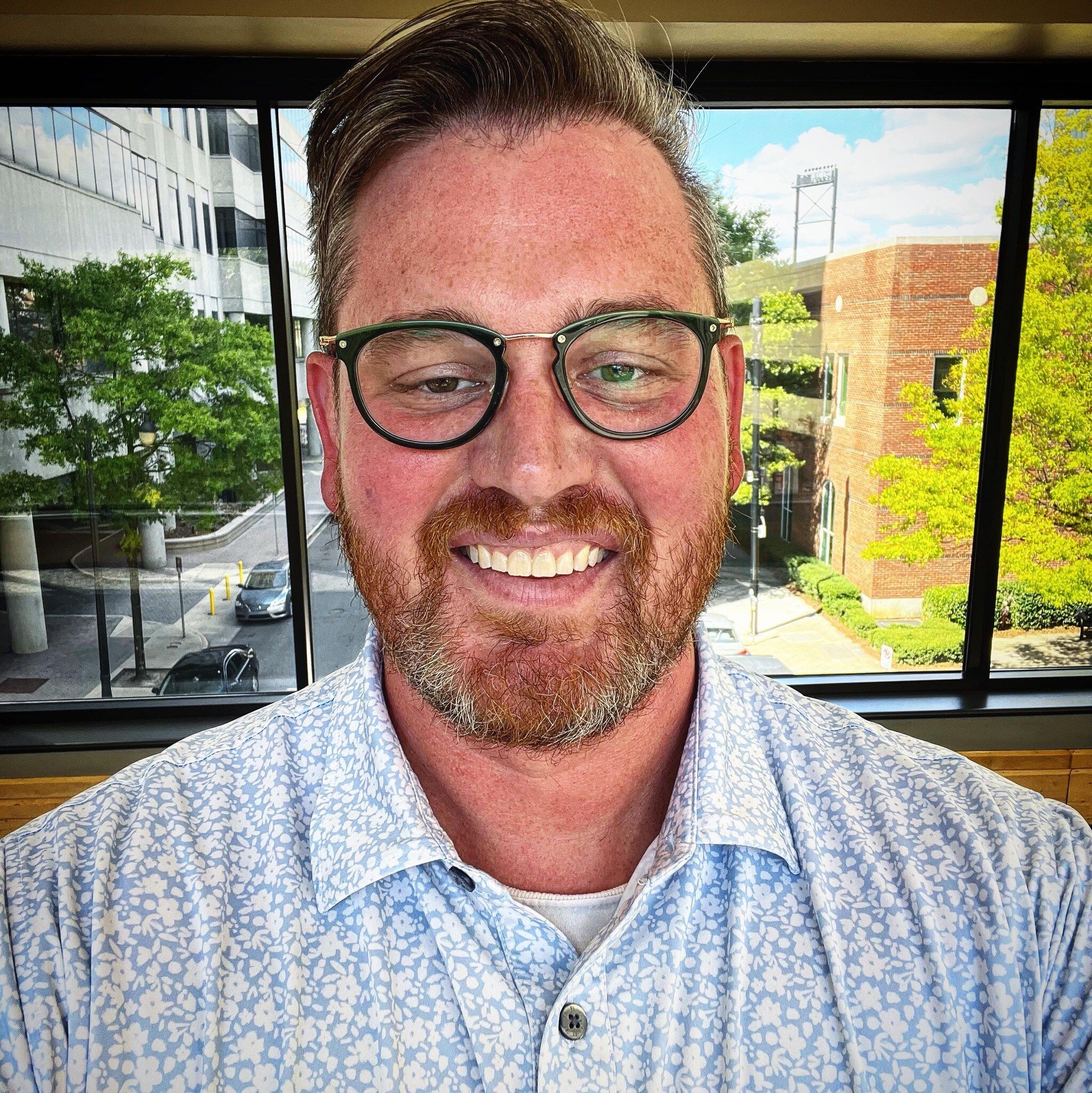
Dr. Mullikin is an award-winning educator, leader, sought-after speaker, and consultant. He has experience at every level of PreK-12 and can bring a broad perspective to the educational arena. The effectiveness and profoundly important nature of MTSS are not only a professional passion but also a personal passion as a parent of neurodivergent children.
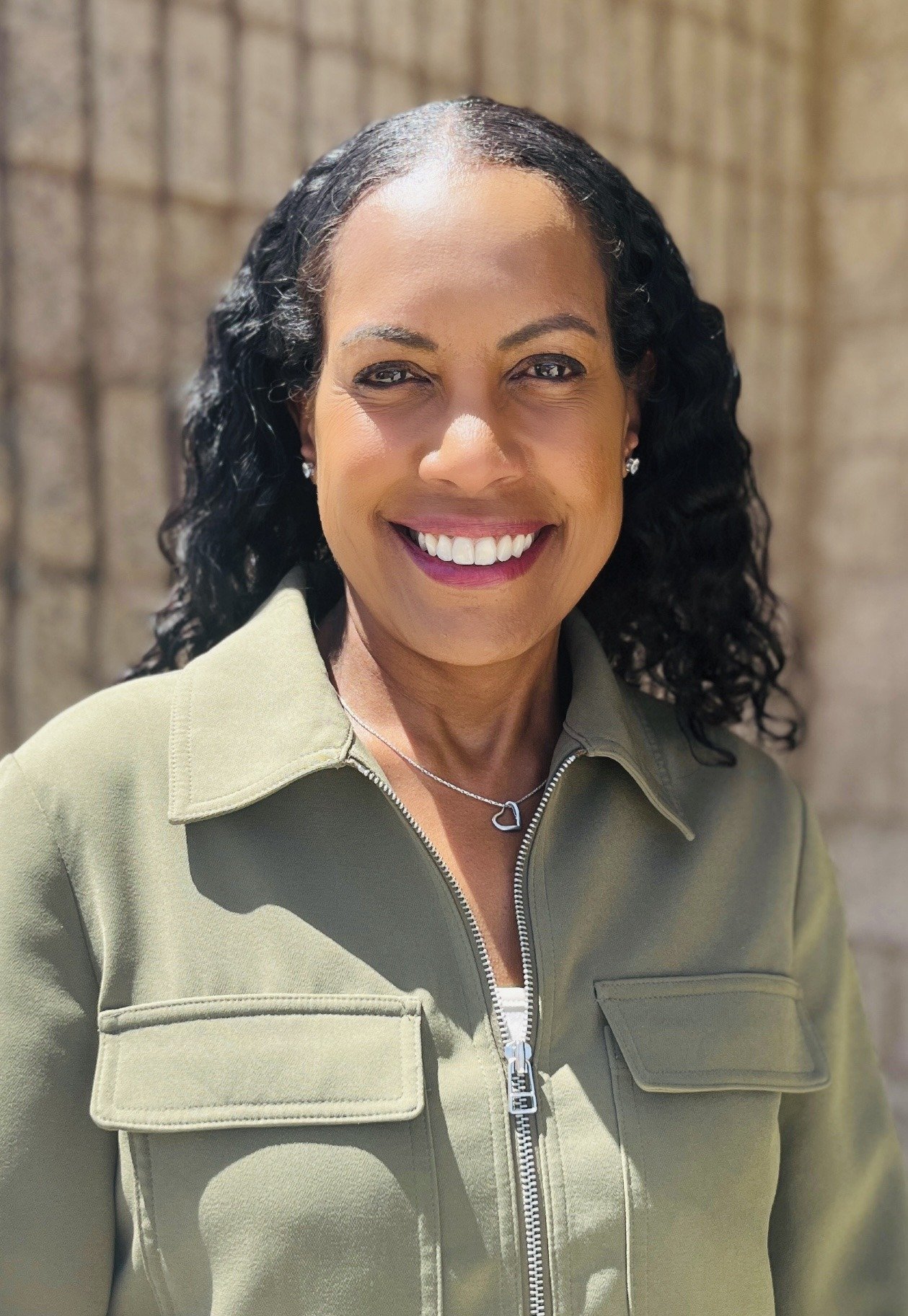
Kimberly has over three decades of experience in education, including roles as a middle school and an alternative education principal. She is currently serving as the Director of Multi-Tiered Systems of Support in the Antelope Valley Union High School District where she oversees the implementation of a MTSS, ensuring that academic, behavioral, and social-emotional interventions are effectively integrated to support the diverse needs of all students. Her commitment to fostering a positive and equitable learning environment is evident in her efforts to enhance and create programs and her dedication to developing comprehensive support systems for students.
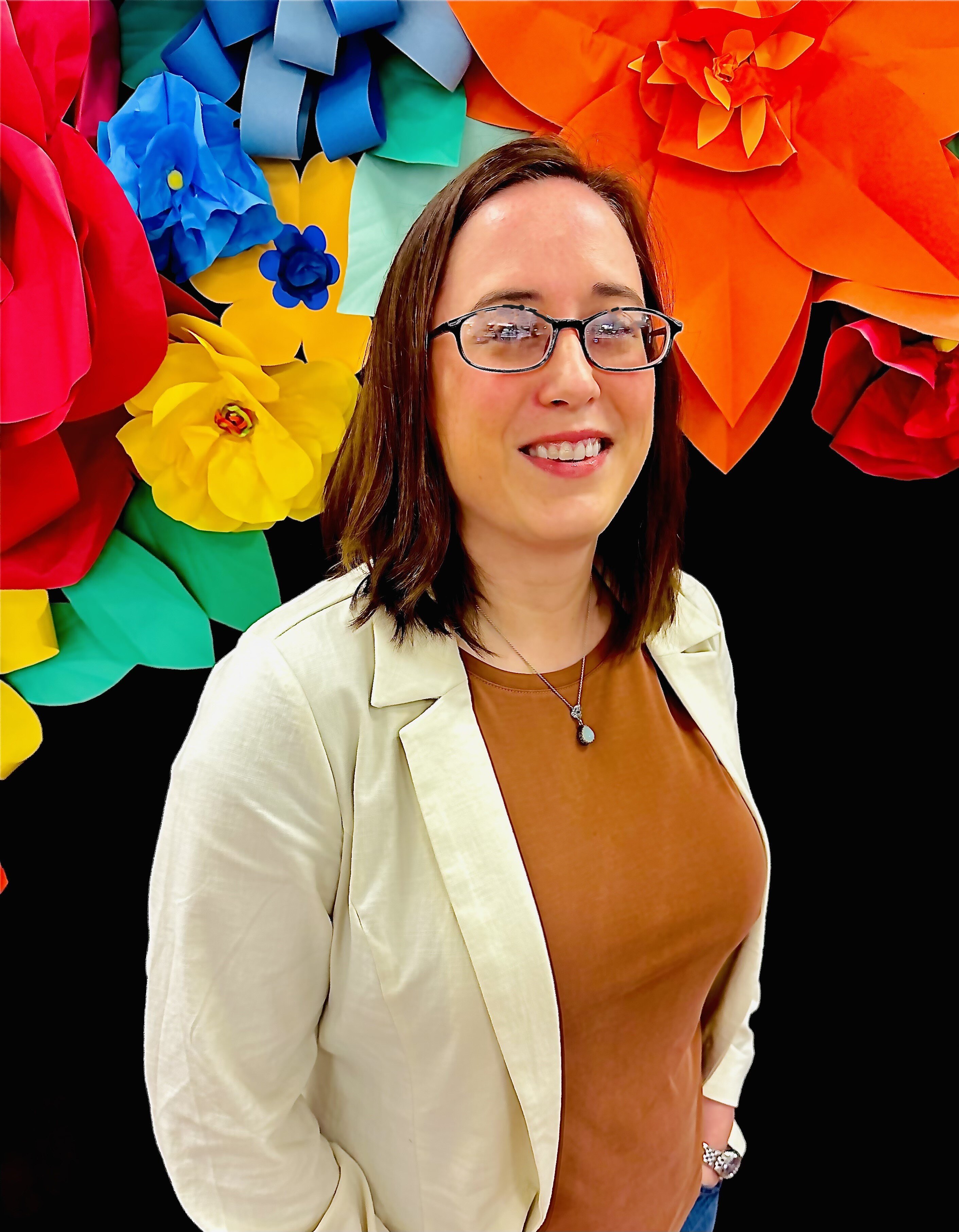
Dr. Raborn began her career in 2009 as a school psychology intern in Rapides Parish, Louisiana. She developed a passion for systems-level advocacy and training educational professionals in best practices early on, culminating in her hire as the district's MTSS Coordinator in 2020. Today, much of Dr. Raborn's work centers around behavior consultation and guiding school staff in creating a safe and supportive learning environment through instruction that is accessible, engaging, and strengths-driven.
Impact Your Students Today
Empower your students to achieve the success they’re capable of and match them with the right tutor - inside or outside of the classroom!